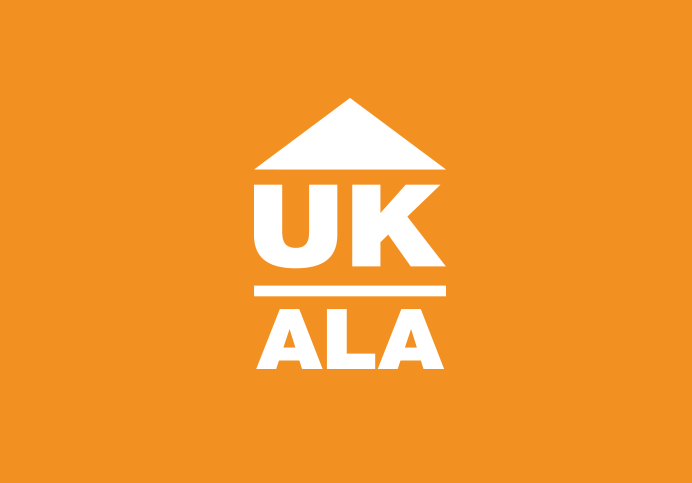
The High Court of Justiciary
The High Court of Justiciary in Scotland was established in 1672 and is the supreme criminal court in Scotland. The High Court of Justiciary has its permanent base in Edinburgh but the Court also sits throughout other towns and cities in Scotland. This practice is known as “going on circuit”.
Unlike its civil counterpart, namely the Court of Session, there is no right of appeal from the High Court of Justiciary to the Supreme Court. Having said that, however, as a result of the Scotland Act 1998, the Judicial Committee of the Privy Council can hear appeals from the High Court of Justiciary where the case involves human rights and/or devolution issues.
The High Court of Justiciary consists of the Lord President of the Court of Session, the Lord Justice Clerk and all the other judges of the Court of Session. In Scottish criminal law, however, the Lord President is referred to as the Lord Justice General and the Lords Ordinary from the Court of Session are called Lords Commissioners of Justiciary.
The High Court of Justiciary deals with the most serious types of crime and the procedure is always solemn, i.e. a Lord Commissioner of Justiciary will sit with a jury of fifteen members of the general public. In certain criminal cases, however, where the subject matter is thought to be particularly complex or raise fundamental issues of law, then a bench of three or five Lords Commissioners of Justiciary may be convened to hear the case.
The High Court of Justiciary has unlimited powers of imprisonment and/or fines although some sentences may be imposed by statute.
The High Court of Justiciary also sits as an appeal court hearing cases from the Sheriff Court and also hearing cases appealed from those trials which are heard at first instance before a Lord Commissioner of Justiciary.
All appeals in the High Court of Justiciary are held in Edinburgh and are heard by a panel of three judges although again in a particularly important matter a bench of five or more judges may be convened.